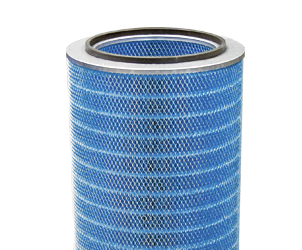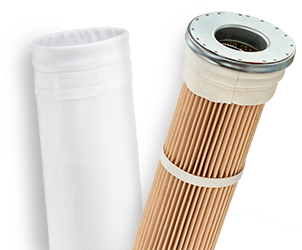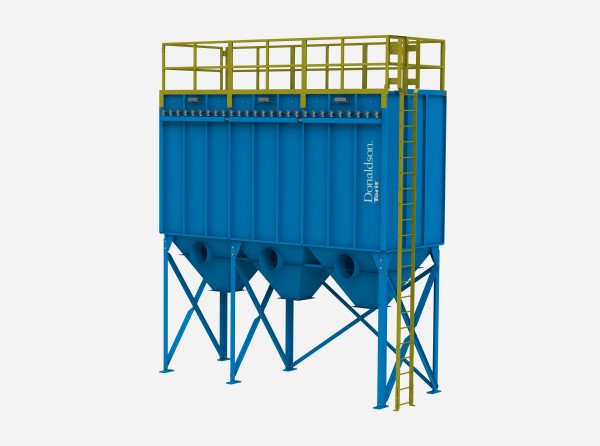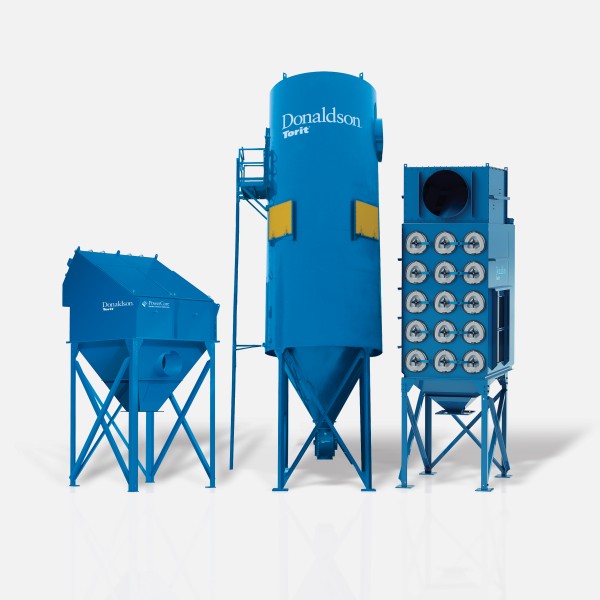Overview
The term “Woodworking” covers a very wide range of applications, dust types, and project sizes. These may range from small school wood shops, to cabinet and furniture manufacturing, all the way up to primary lumber milling and the manufacturing/processes associated with engineered wood products like plywood and MDF. Our diverse product line (from 850 to 229,366.4 m³ /h / 500 to 135,000 cfm) provides for an ideal equipment selection in virtually every wood-related application.
With over 100 years of experience engineering dust collectors and filters, Donaldson Torit® is the name you can trust above all others for wood processing.

Products
Applications
Wood Dust Types
Wood dust or sawdust is a broad category, consisting of several types, sizes, and shapes of materials. Important variables include:
- Wood species (hardwoods have different characteristics than softwoods)
- Moisture content (‘green’ or dried)
- Presence of other materials (as in plywoods or particleboard, etc)
- Application or machinery that is generating the dust
Generally speaking, wood dust can be broken down into one of three basic categories:

Class 1 Wood Dust is light/fine dust, typically from sanding machinery and hand sanding.

Class II wood dust is medium sized, typically from saws, routers, jointers, molders and shapers.

Class III wood dust is larger more fibrous dust, typically from planers, edge banders, lathes, band saws and mills/hogs.
Sizing and Selecting A Dust Collector for Wood
Let Donaldson and our team of experts help you size and select the perfect dust collector for your wood application. We will survey your shop or plant at no charge, and provide a prompt and technically reliable price quotation. Some of the key information we will need to accurately size a system include:
- Airflow Requirement in Cubic Meters per Hour (m³/h) / Cubic Feet per Minute (CFM):
- Dust and application characteristics:
- Intermittent or continuous (production)
- Collector location (indoor or outdoor)
- Volume of dust discharge / takeaway
Dust & Discharge Disposal
A key part of the equation in selecting the right dust collector for wood applications is the consideration of how much material will be collected by the unit, and what size of storage device will be utilized for the collected dust. Donaldson offers the widest selection of options available, from small drawers or drums for light-loading applications, to medium and full size bins and roll-off dumpsters. Shown below are some typical discharge arrangements.

Simple Bag Discharge

Dumpster Discharge

40 Yard Roll Offs with Bin House and Transfer Screws

4 Yard Bin

55 Gallon Drum
Common Mistakes in Selecting a Dust Collector for Wood Dust
There are a host of inexpensive point-of-use simple dust collectors on the market.
These can consist of nothing but a blower/fan and a bag or drum. While these may have utility in a small intermittent ‘hobby’ type shop, they can present problems for any type of production environment. These are typically light-gauge construction, with filter media that is not very efficient, and without means to clean the bag or filter. These devices commonly have leaking and/or plugging issues. Additionally, these units may not be consistent with a combustible dust strategy as outlined by OSHA.
Cyclones serve a valid niche in the woodworking market, but buyers should be aware of their limitations.
Cyclones do not have the filtration efficiency of a media-type device – if there is no ‘afterfilter’ bag or device, cyclones could be susceptible to some degree of ‘blow-by’ or fine dust passing out the discharge. If a cyclone is selected, an afterfilter should be utilized. If the cyclone is located outdoors (per OSHA recommendations), the afterfilter bag section should also have a weather enclosure to prevent the bags from being exposed to rain and the elements. Interestingly, a cyclone with afterfilter bags and weather enclosure often reaches or exceeds the price point of a fully-integrated baghouse or other device, so buyers should weigh several options.
Given the wide range of dust collector types that could be suitable for wood dust collection, a buyer should be careful when working with a vendor who only manufactures a single type of system.
For example, a cartridge collector manufacturer might only be able to provide a solution that suggests a cartridge collector, when a baghouse or other device might be more suitable for fibrous or heavy dust.
Collectors In Use
| Model | Product Family | Use | |
|---|---|---|---|

|
RF Series | Baghouse Dust Collector | Cabinet Shop |

|
RF Series | Baghouse Dust Collector | Cabinet Manufacturer |

|
Dalamatic | Baghouse Dust Collector | Paper |

|
LP Series | Baghouse Dust Collector | Cabinet Plant |






